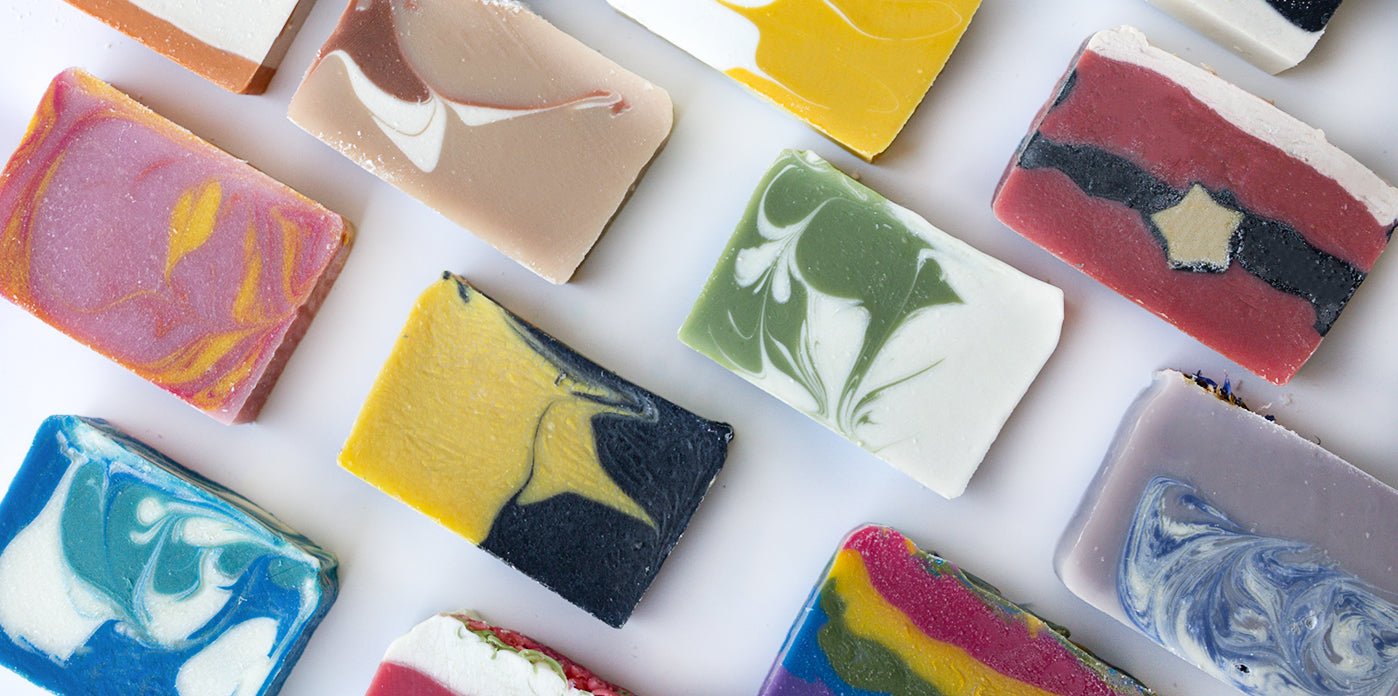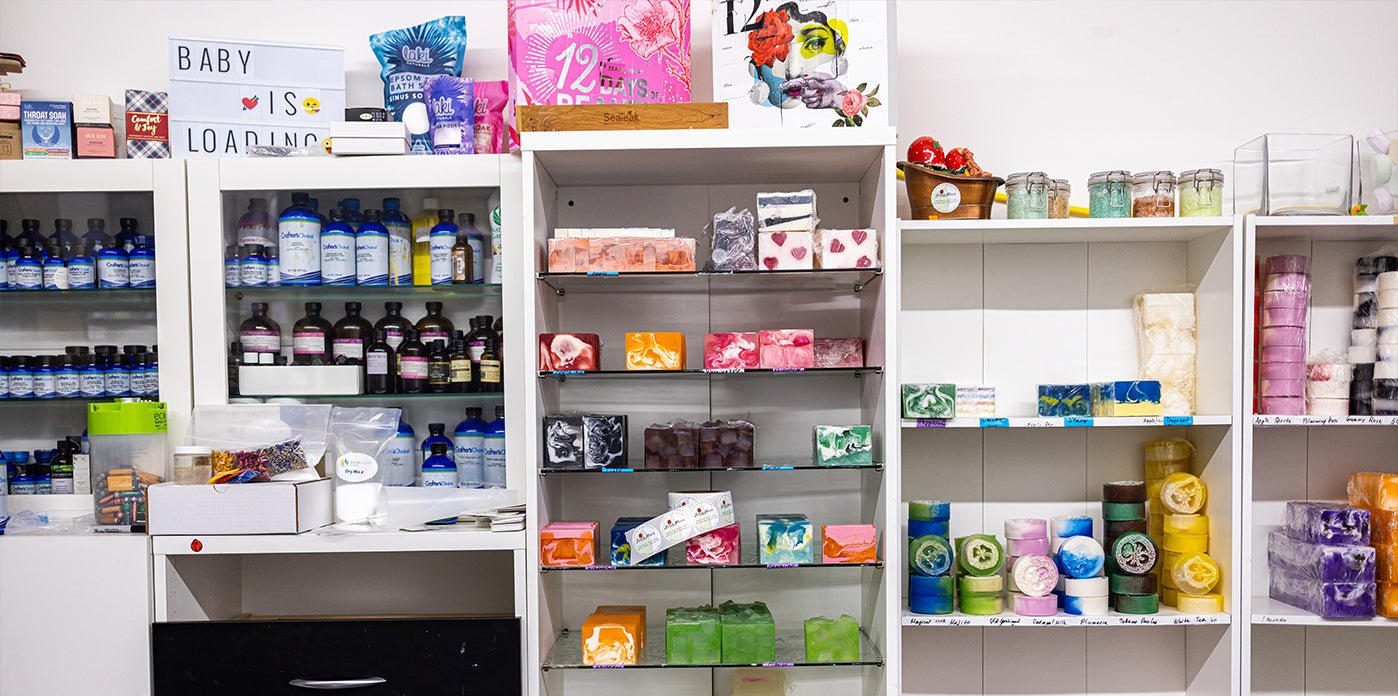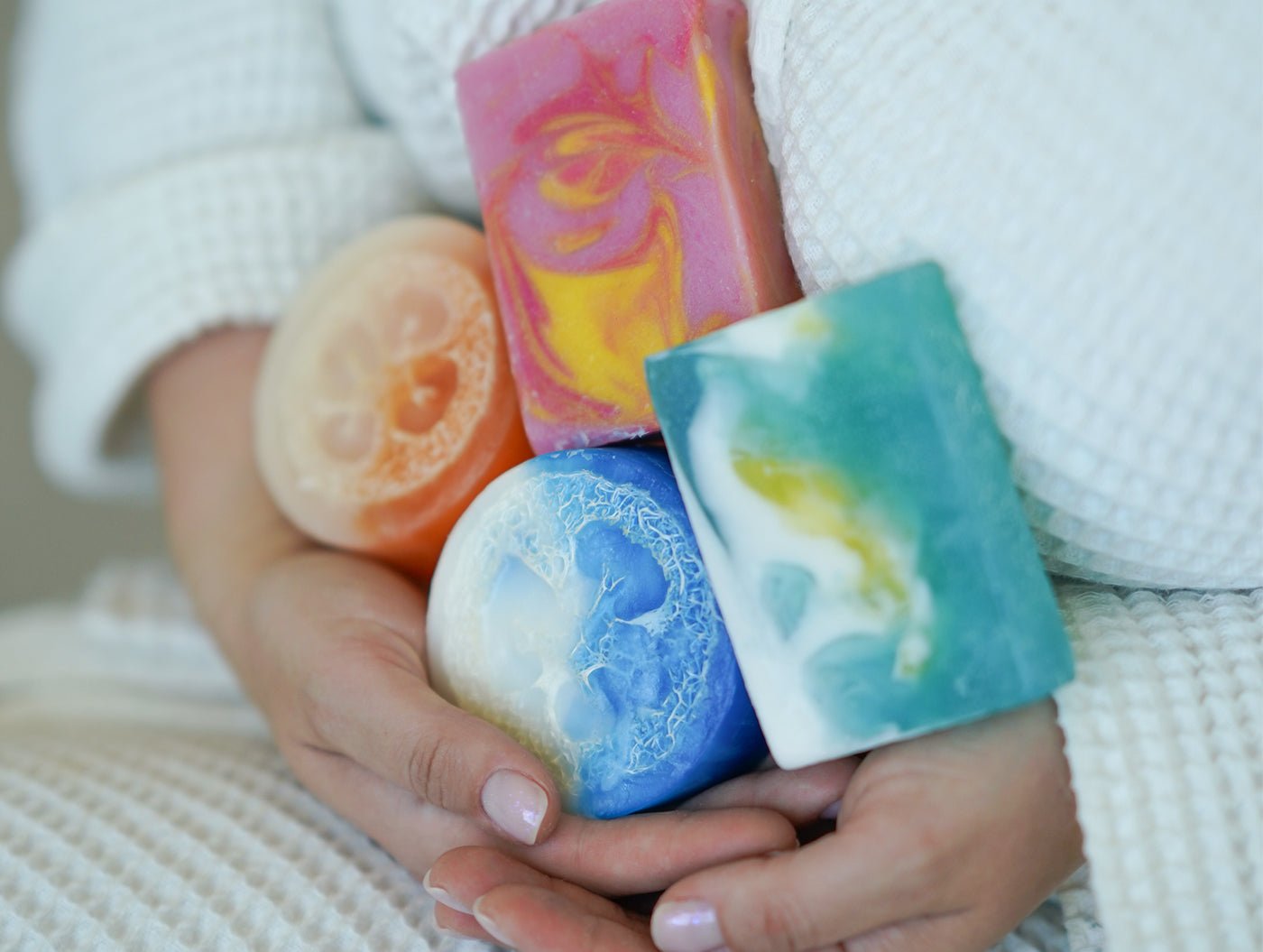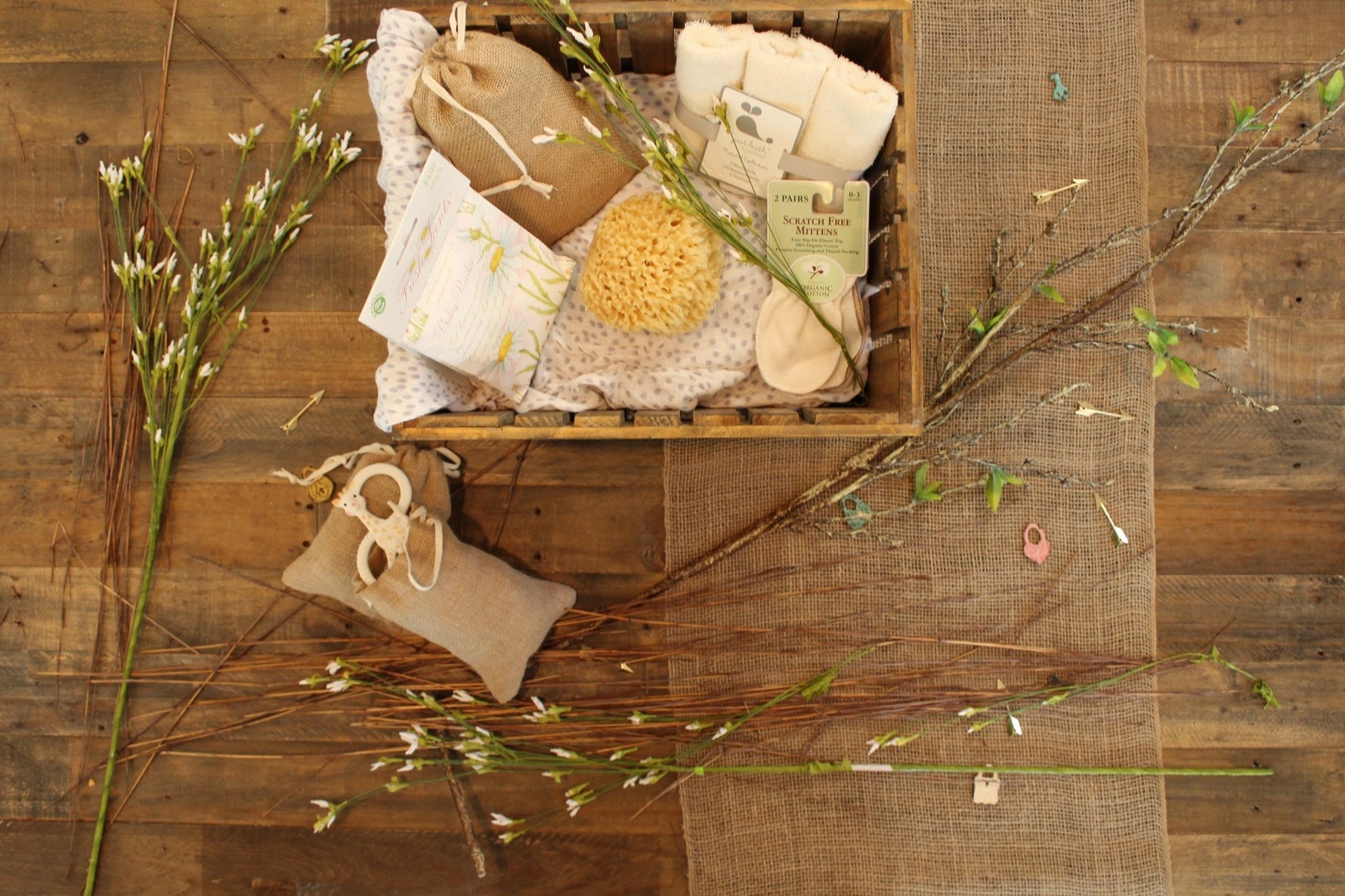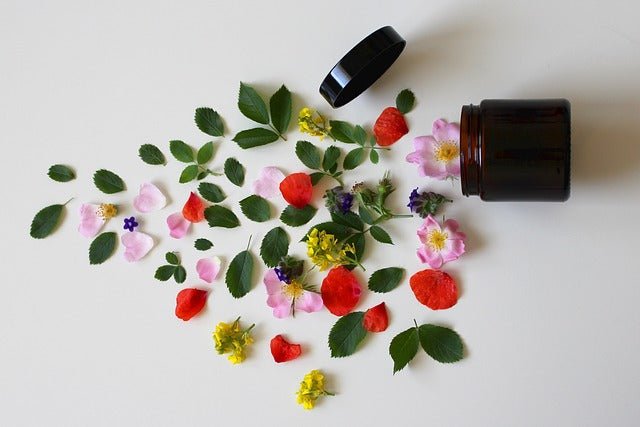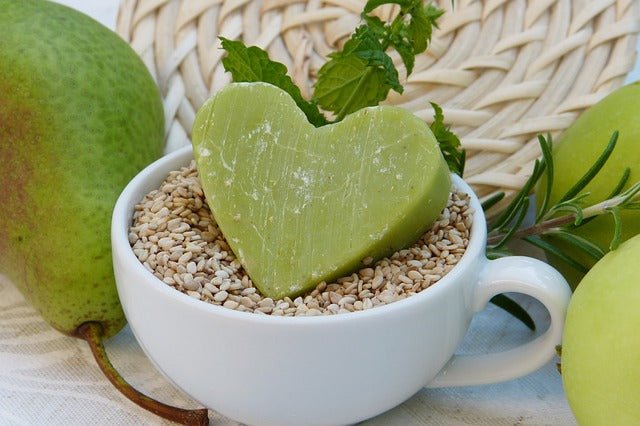When autumn rolls around, one scent dominates: pumpkin spice. From lattes to candles, and even skincare products, the fragrance has become synonymous with cozy fall days. But how did pumpkin and spices become the scent of the season? Let’s dive into the origins of this beloved fall fragrance and why we just can’t seem to get enough of it.
A History Rooted in Harvest Traditions
Pumpkin, a staple of the autumn harvest, has long been associated with the season’s abundance. Native to North America, pumpkins were an important food source for indigenous people long before they became a symbol of fall. When European settlers arrived, they adopted pumpkin into their diets and used it to make pies, soups, and other dishes. Over time, pumpkin became an iconic representation of the harvest, symbolizing warmth, comfort, and the bounty of the season.
But pumpkin spice, as we know it today, wasn’t originally tied to the pumpkin itself. The blend of cinnamon, nutmeg, ginger, and cloves was used in many traditional recipes, particularly pies. It was a flavor profile that felt warm, comforting, and familiar. In fact, “pumpkin spice” was just a handy name for the spice mix that went into those classic pumpkin pies. As pumpkins became the centerpiece of fall foods, the spices naturally followed, and soon, the connection between pumpkin and spice became inseparable.
The Rise of Pumpkin Spice in Pop Culture
Pumpkin spice as a phenomenon really took off in the early 2000s, thanks largely to the introduction of the Pumpkin Spice Latte (PSL) by a popular coffee chain. The drink was an instant hit, blending the creamy sweetness of pumpkin with the warm, spicy notes of cinnamon, nutmeg, and cloves. People couldn’t get enough of it, and soon the craze spread far beyond just coffee.
Suddenly, pumpkin spice was everywhere—from baked goods to candles to beauty products. The scent had become a marker of the season, tapping into our collective nostalgia for autumn. There’s something about the combination of sweet pumpkin and spicy warmth that just feels like wrapping yourself in a cozy blanket on a crisp fall day.
Why We Love It: The Psychology of Scent
So why do we love the scent of pumpkin spice so much? One reason is its ability to evoke strong emotional responses. Scent is closely tied to memory, and for many of us, the smell of pumpkin spice reminds us of family gatherings, Thanksgiving dinners, and cozy autumn nights by the fire. It’s a scent that brings comfort and warmth, making us feel safe and nostalgic.
The spices in pumpkin spice—cinnamon, nutmeg, and cloves—also have a naturally stimulating effect. Cinnamon, for example, has been shown to increase feelings of happiness and warmth, while nutmeg and cloves can promote relaxation. Together, they create a sense of well-being, which is part of the reason we crave these smells and flavors as the weather cools.
Pumpkin Spice in Skincare: A Seasonal Sensation
In recent years, pumpkin spice has made its way into beauty and skincare, with brands incorporating the scent into their seasonal collections. At SoapyMania, we’ve embraced the pumpkin spice craze with our Pumpkin Spice Loofah Soap and Pumpkin Bar Soap, perfect for adding a touch of autumn to your daily routine.
Why should you care about pumpkin spice in your skincare? Besides smelling amazing, pumpkin is rich in vitamins A, C, and E, which can help nourish and rejuvenate your skin. Meanwhile, the warming spices like cinnamon and nutmeg provide gentle exfoliation and help stimulate circulation, leaving your skin looking healthy and radiant.
Embrace the season and treat your skin to some fall magic!

